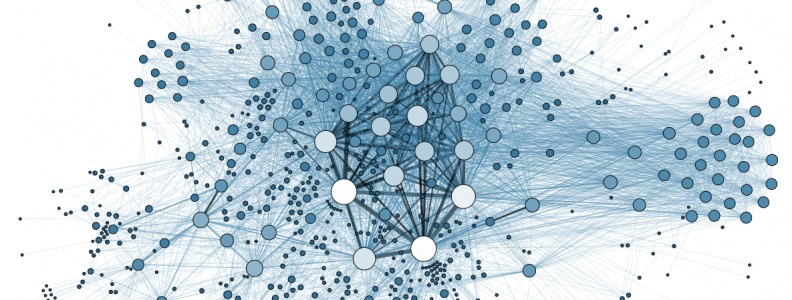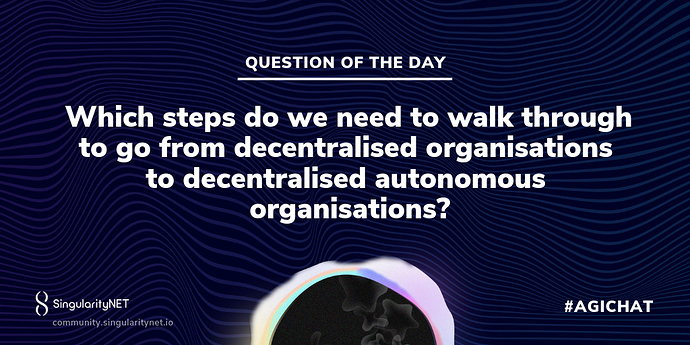One of the most challenging concepts in the world of crypto is almost certainly the idea of a decentralized autonomous organization. Here’s a brief explanation of what a DAO is exactly, what they do, why they exist, and what they’re capable of.
The Power Of The Blockchain
A DAO is a unique organizational scheme in that it’s designed to work without much tinkering, but also to be as transparent as possible.
Using blockchain-based database technology, a DAO is an organization that can emulate a large number of the same functions of a traditional corporation or business – but the difference is that it does so without becoming bogged down in bureaucracy borne from committee governance.
Cutting the humans out of the operation seems strange to most people, which is why the way a DAO works is so hard to understand. The truth is that a DAO can, theoretically, run itself pretty much indefinitely all without having to be fiddled with by individuals.
Putting The D In Decentralized
So how does a DAO run itself? First and foremost, a DAO is an organization that uses smart contracts, or rules of behaviour encoded into computer programs, to govern itself.
What this means is that there’s not anyone “in charge” of a DAO in the traditional sense; where a more mundane company or organization might have a president or CEO as well as a board of directors, a DAO operates through smart contracts without human intervention.
That isn’t to say a DAO can’t change its behaviour. Members of a specific DAO have the ability to propose alterations to the organization’s blockchain; with enough consensus, the rest of the members can then adopt those changes. Otherwise, they are rejected and the DAO’s governance remains unchanged.
Better Control
A DAO truly shines when it comes to ease of funding itself. Traditional business formation requires dozens of steps, especially if you seek funding from venture capitalists who provide you with the money you need to develop your business in return for large chunks of ownership.
VCs and investors often also request not just ownership shares but also the authority to make executive-level decisions about the company that can change the business on an integral level, risking the possibility that the organization ends up no longer even resembling itself in the end.
Meanwhile, cryptocurrency and digital autonomous organizations go hand in hand like nothing else. A DAO most often sells shares of itself (often referred to as tokens) that can be purchased using a digital currency, with all transactions being recorded, transparently, on blockchain ledgers.
These ledgers can be viewed by anyone, which reveals exactly how many tokens of a DAO have been sold, at what price they were sold, and the digital addresses of the buyers and sellers – and all buyers are equal shareholders.
Which brings us to today’s #AGICHAT question:
#AGICHAT #futurism #artificialintelligence #debate #singularitynet #emergingtechnologies #futureofgovermance #decentralisation #dao


